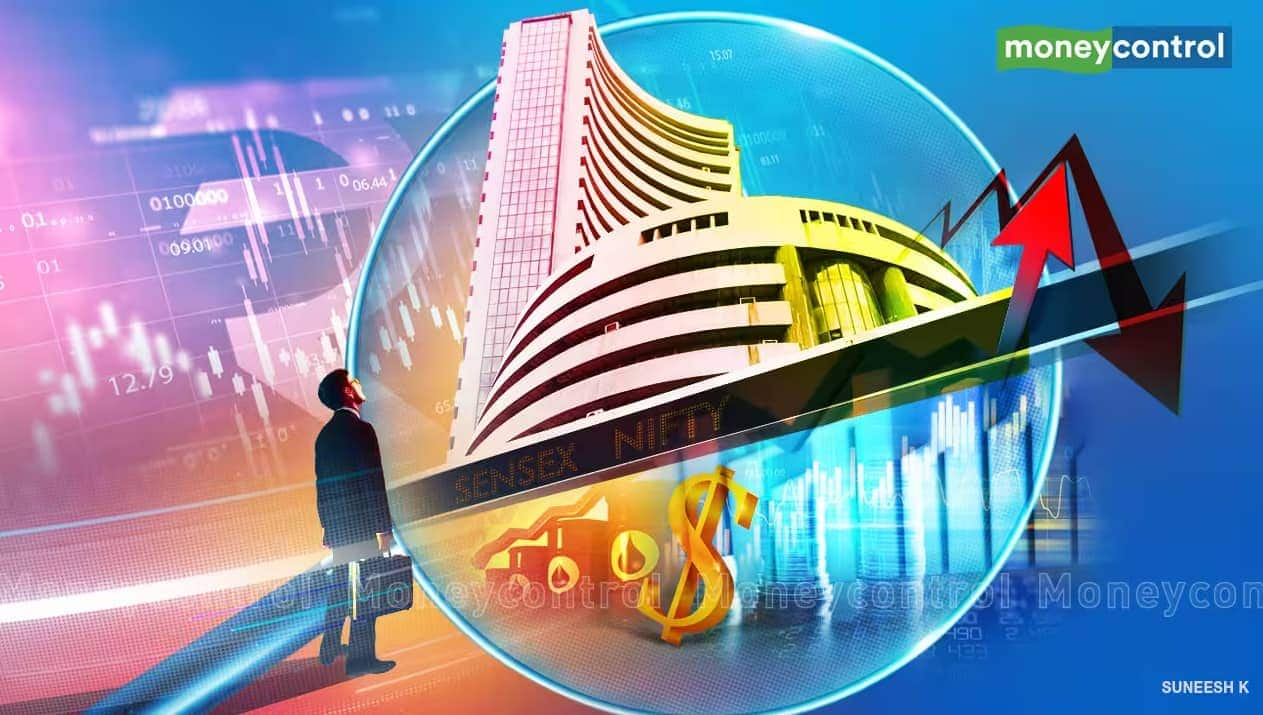UK Economy Shows Resilience: Growth Outlook & the Tariff Impact

The UK economy is demonstrating surprising strength, with the Bank of England recently revising its growth forecast upwards to 1% for 2025. This positive revision, compared to the previous 0.75% estimate, reflects a robust start to the year. However, a looming shadow hangs over the longer-term outlook: the impact of tariffs.
A Strong Start to 2025
The initial gains in economic performance are attributed to a combination of factors, including easing inflationary pressures and a gradual recovery in consumer spending. While inflation remains a concern, the rate of increase has slowed, providing some relief to households and businesses. This, coupled with a tentative return to high street spending, has contributed to the improved growth figures.
The Tariff Threat: A 2026 Headwind
Despite the encouraging short-term outlook, the Bank of England has cautioned that the introduction and potential escalation of tariffs will significantly dampen economic growth in 2026. The forecast for 2026 has been reduced from 1.5% to 1.25%, highlighting the potential damage to trade and investment. Tariffs, essentially taxes on imported goods, increase the cost of these goods, making them more expensive for consumers and businesses. This can lead to reduced demand, higher prices, and ultimately, slower economic growth.
How Tariffs Impact the UK
The UK's economy is highly reliant on international trade. Tariffs can disrupt supply chains, increase costs for businesses that rely on imported components, and reduce the competitiveness of UK exports. Specifically:
- Increased Costs for Businesses: Tariffs raise the price of imported raw materials and components, squeezing profit margins for UK manufacturers.
- Reduced Consumer Spending: Higher prices for imported goods translate to less disposable income for consumers, leading to reduced spending.
- Damage to Export Competitiveness: Retaliatory tariffs from other countries can make UK exports more expensive and less attractive to foreign buyers.
- Supply Chain Disruptions: Tariffs can disrupt complex global supply chains, leading to delays and shortages.
Beyond the Numbers: The Wider Implications
The impact of tariffs extends beyond purely economic considerations. They can also lead to political tensions and uncertainty, further hindering investment and growth. The current global trade environment is already fraught with challenges, and the imposition of tariffs adds another layer of complexity.
Looking Ahead: Mitigation Strategies
While the Bank of England's forecast suggests a slowdown in 2026, there are potential mitigation strategies. These include:
- Diversifying Trade Partners: Reducing reliance on countries imposing tariffs by seeking out new trade relationships.
- Investing in Domestic Production: Encouraging businesses to source materials and components domestically to reduce exposure to tariffs.
- Negotiating Trade Agreements: Actively pursuing trade agreements that reduce or eliminate tariffs.
Ultimately, the UK's ability to navigate the challenges posed by tariffs will depend on its proactive response and its commitment to fostering a stable and open trading environment.




